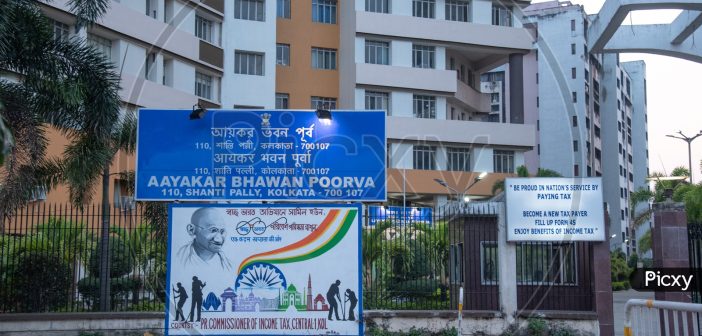The new Income Tax Bill 2025, set to take effect on April 1, 2026, is poised to create a more transparent and taxpayer-friendly environment, marking a historic milestone in India’s tax landscape, industry experts said on Thursday.
The Bill represents a significant overhaul of India’s tax legislation, shifting towards simplification and modernization of the Income-Tax Act of 1961. Spanning 622 pages, the Bill reduces the complexity of the 1961 Act and replaces intricate legal jargon with clear and straightforward language.
“Another notable aspect of the Bill is the strategic use of tables and formulas, which will help simplify interpretation of the provisions. The Bill aims to minimize disputes and litigation while enhancing taxpayer certainty,” said Himanshu Parekh, Partner, Tax, KPMG in India.
The Bill introduces a “trust first, scrutinize later” philosophy, aligning with the government’s ideology of “minimum government and maximum governance.” Unlike the 1961 Act, the Bill empowers the Central Board of Direct Taxes (CBDT) to establish tax administration rules and implement digital tax monitoring systems, increasing efficiency without frequent legislative changes.
Union Finance Minister Nirmala Sitharaman introduced the new Income Tax Bill, 2025, in the Lok Sabha. The Bill will be sent to the Select Committee of Parliament before it comes up for final approval in Parliament.
The proposed Bill seeks to simplify the language by introducing clearer terms, such as replacing ‘assessment year’ with ‘tax year’. It will eliminate convoluted provisions and explanations to make it easier to understand and reduce the scope for legal disputes. Some archaic clauses are being dropped as part of the simplification process.
According to Rohinton Sidhwa, Partner, Deloitte India, this reform is a significant step towards modernizing India’s tax framework, bringing greater clarity and efficiency. The Bill promises a more streamlined, accessible tax system, making it easier for citizens and businesses to fulfill their obligations while fostering trust in the system, he mentioned.






